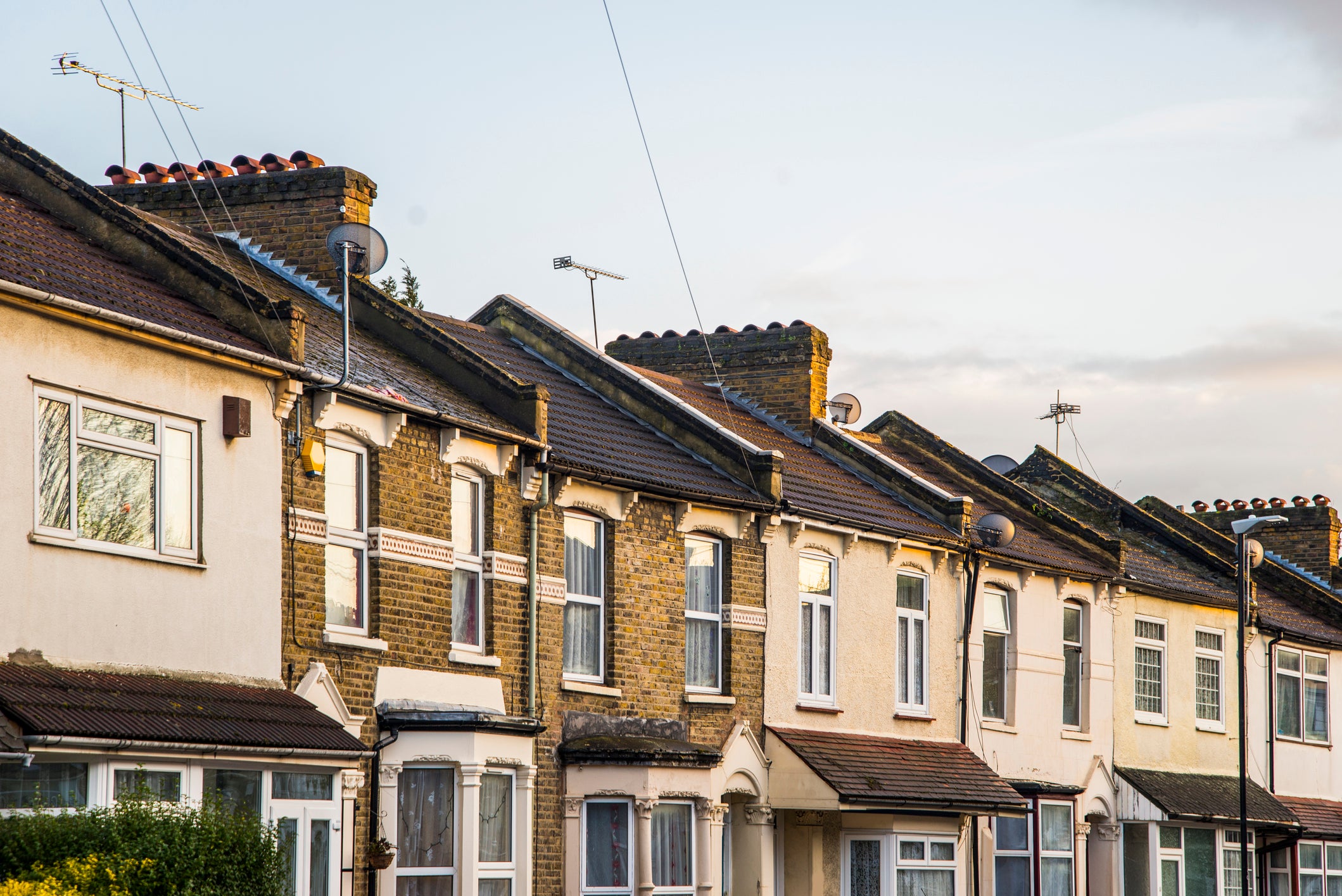Less than 2 per cent of illegal evictions lead to prosecution of landlord, figures indicate
Campaigners are calling on police commissioners to take action against criminal landlords as figures reveal alarmingly low rate of prosecutions, Ben Chapman writes


Campaigners have called for a crackdown on illegal evictions after analysis suggested that less than 2 per cent of cases result in prosecution of a landlord.
Generation Rent found that the number of people who reported being made homeless because of an illegal eviction jumped 28 per cent from 810 in 2018-19 to 1,040 the following year. A further 480 cases were reported between April and September 2020.
The figures likely to significantly underestimate the level of illegal evictions taking place because they only count people who report that they have been made homeless and are owed a duty by their local authority to find them new housing.
Just 30 prosecutions were brought for illegal eviction in 2018-19, the latest year for which figures are available. A further 27 prosecutions were recorded for unlawful harassment - where landlords try to coerce tenants into moving out.
The government does not collect comprehensive figures on the number of incidents of illegal eviction.
All evictions must be enforced by bailiffs appointed by a court after notice has been correctly served by the landlord. Illegal eviction and harassment are criminal offences which councils have the power to prevent and to prosecute. However, few have the resources to perform this role.
A 2020 report by Safer Renting, a charity which helps tenants enforce their rights, found that in incidents of illegal evictions “police tended to side with the landlord”.
Generation Rent is calling on candidates standing for Police and Crime Commissioner in elections on 6 May to pledge to improve training of their forces in eviction law, record all incidents involving tenants and landlords, and work closely with councils to prevent unlawful evictions and bring criminal landlords to justice.
The group is also seeking stronger sentencing guidelines and more powers and resources for councils to prevent illegal evictions.
Its analysis comes as a housing tribunal ruled that one landlord had carried out an “outrageous” illegal eviction during the pandemic.
The Independent reported in December how Simple Properties London had changed the locks on a tenant’s flat, removed his possessions and left him homeless over a late rent payment of just £700.
In a recent tribunal, a judge found that Simple Properties London had acted “in cynical disregard of the rights of its tenant”. Simple Properties was ordered to repay £4,670 in rent to the tenant but no criminal proceedings have been brought and the company has yet to pay the money.
Prior to his eviction, the tenant, Juan Alvarez, had been so desperate to find somewhere to live that he signed a tenancy agreement without inspecting the flat he was to move into.
When he arrived he found that he was living in a three-bedroom flat that had been divided up into eight bedrooms. Simple Properties was collecting £66,500 per year in rent from the flat.
When Mr Alvarez fell one month behind, the company threw him out at a time when evictions were banned due to the pandemic.
Safer Renting investigated the case and successfully represented Mr Alvarez at the housing tribunal.
The tribunal judge wrote: "For reasons entirely beyond his control, he lost his job. Covid-19 required all members of the community to stand together to combat the pandemic.
"The conduct of [Simple Properties London] in evicting Mr Alvarez and throwing him onto the streets can only be described as outrageous."
If Simple Properties does not pay the then it is possible that a county court judgment will be issued and bailiffs will be able to enforce the debt, explained Ben Reeve-Lewis of Safer Renting.
Simple Properties' London’s director, Santiago Hidalgo, said that the company intended to appeal against the tribunal's decision, which had been reached in his absence.
Alicia Kennedy, director of Generation Rent, said: “Being evicted can be a traumatic experience when done legally. Being evicted illegally, often with your belongings dumped on the street, is devastating.
"We have legal protections for renters for a very good reason, but when the police fail to enforce these and we end up with a tiny minority going to court, renters lose confidence in the law and criminal landlords act with impunity.
“May’s elections are an opportunity for police forces up and down the country to reset their attitudes to illegal eviction and make sure that everyone gets the protection they deserve.”
Join our commenting forum
Join thought-provoking conversations, follow other Independent readers and see their replies
0Comments